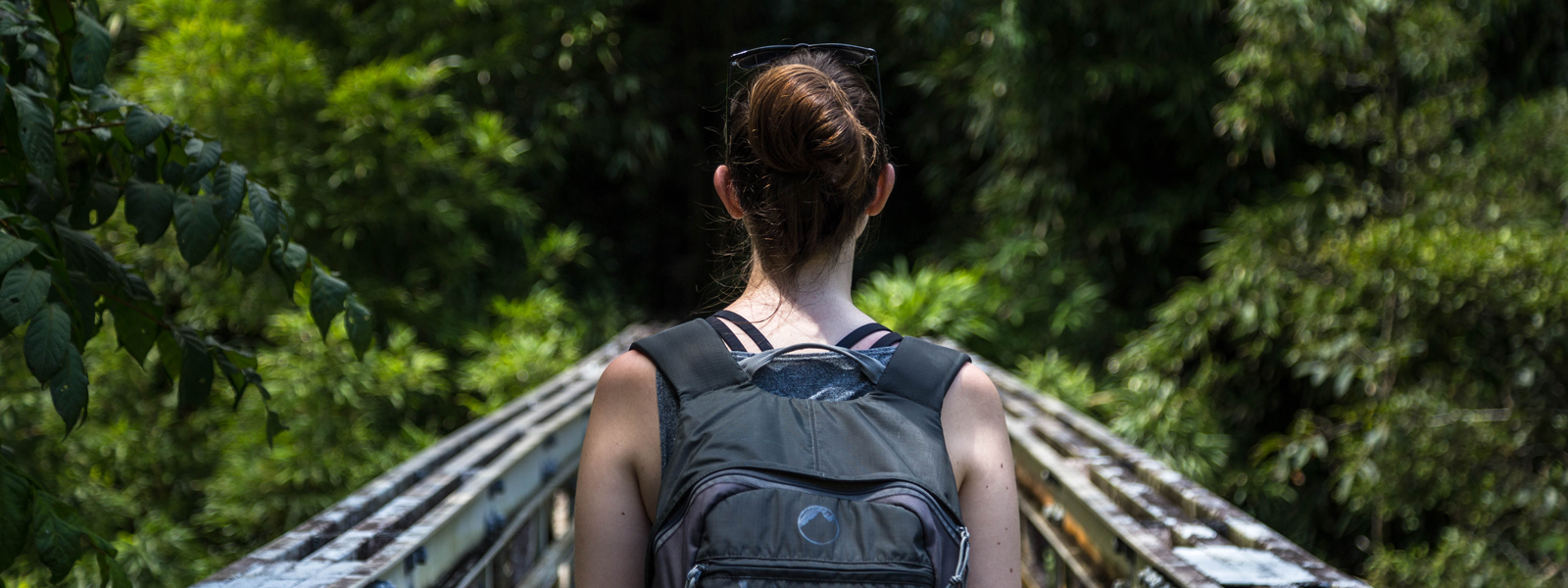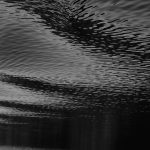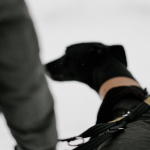When she was a toddler, I’d sometimes wake up to her laughing and stumble across the dark house and into her room, only to find her missing from her bed. I’d then discover her in another room, as if she’d passed through the walls. She’d be stalking the cat or playing with a dead bug or reaching for a sharp object. She was fearless that way, frequently escaping to explore and flirt with danger.
This tendency persisted as she grew older. She’d vanish from the house as a teenager, camera in hand, eager to hone her photography skills and expand her collection. She already had an impressive portfolio at the age of fifteen, with each photograph titled and arranged in a binder.
If she had simply died, I would have spoken at her funeral about these qualities, about her curiosity and adventurousness. Perhaps I would have said something like, “Helen was extraordinary. We can honor her memory by engaging the world with the same curiosity and passion.” (Of course, I wouldn’t have mentioned her fascination with the occult.)
Next, I probably would have continued teaching political theory at the local college, started dating again, and labored through the stages of grief until I reached acceptance. Death at least presents an opportunity for closure and healing. Having a missing child, conversely, offers no chance of peace.
Three of Helen’s photographs especially unnerve me.
Animal Instincts. In this one, a brown bear faces the camera maybe fifty yards away in a field, with its mouth stretched open and its fangs and claws fully extended, desperate for something solid. A plume of hot breath erupts from its mouth through the frigid air while two cubs cling together nearby, crouched down low, trying to vanish into the snow. The bear appears to be levitating. It must have just leapt straight up, creating the illusion that it’s floating, or perhaps the camera had somehow malfunctioned.
“What were you thinking?” I must have asked Helen this a dozen times after she showed me the photograph.
She laughed and laughed until she finally caught her breath, regained composure, and said with a straight face, “I was safe, Mother.”
What torments me about the image today is not her proximity to this giant beast at the time, but the fact she was alone when a later threat emerged. I should have been there with her, like that bear protecting its cubs, ready to rip off skin and crush bones.
Absence. In this photograph, I’m sitting on a bench in the front yard, writing in a notebook. I remember this day well. I was preparing for a lecture on the gap between theory and praxis. I didn’t know Helen took this photograph until I discovered it in her binder after she went missing. She doctored the image by making me so faint that I nearly blend into the background. Only my silhouette is visible, this ghost of me.
Helen never fully appreciated the challenges of a single mother. I worked hard to give her a good life, but she often criticized me for not being there. “Aloof,” she’d call me. “Disconnected.”
How do I let her know I am here now?
I have driven down each road, walked along each trail, and crept through each abandoned building in and around this miserable town, looking for her, trying to make my presence known. I have searched the campus of her high school, called television and radio stations and begged for airtime, and joined online communities of activists and volunteers.
I want her to know I am here for her.
I am here.
One night, after I learned the case had gone cold and the police would stop actively investigating, I went to the field where Helen had photographed the bear and its cubs. A cluster of meteors streaked across the sky and I imagined they were angels rushing towards the Earth with their eyes wide open and wings on fire, bringing her back to me. And I reached up and screamed her name.
As I stood there alone grasping towards the heavens for her with my trembling hands, for an instant I swore I could see right through them.
Freedom. This photograph shows only a bird between spongy white clouds high above. The bird appears to be falling with its head twisted backwards.
When I last saw Helen, she was almost sixteen. She stood in the doorway at the back of the house with her camera. Her wild black hair dangled just above her shoulders and her green eyes burned, those little emerald fires. The hexagram tattoo on her left ankle, which she had acquired without my permission, pulsated in rich colors—purples, oranges, reds. “I’ll be back before dark,” she said. She then took my photograph. When she lowered the camera, she was giggling. She turned and hurried off, her green backpack bouncing in concert with her footsteps.
An elderly woman, who has passed away, reported that Helen entered the woods with a man later that evening, a man described as a dwarf who wore only a cloth around his loins, a dwarf with golden hair, a potbelly, tiny hands, and goat-like hooves for feet. The police didn’t bother to create a sketch. Who can blame them? I still don’t know what this man looks like, despite trying to learn anything I can about him for nearly eleven months now.
“She seemed happy,” said the old, senile woman, referring to Helen. “She seemed free.”
*
I chose the name Helen because it means “light,” and I have to think her light will one day guide me to her. Or perhaps she will escape and come to me, instead. Perhaps her light will one day guide her home.
When I’m too tired to search for her, I sometimes sit at the table near the back door where I last saw her and lose myself in this image: the door opens on a brilliant day, sunlight pours in, and she enters.
…
Biography
Mason Binkley lives with his wife and identical twin boys in Tampa, Florida, and works as an attorney. His writing has appeared in McSweeney’s Internet Tendency, Maudlin House, Jellyfish Review, and other places. His twitter home is @Mason_Binkley.
Image: Christian Joudrey





